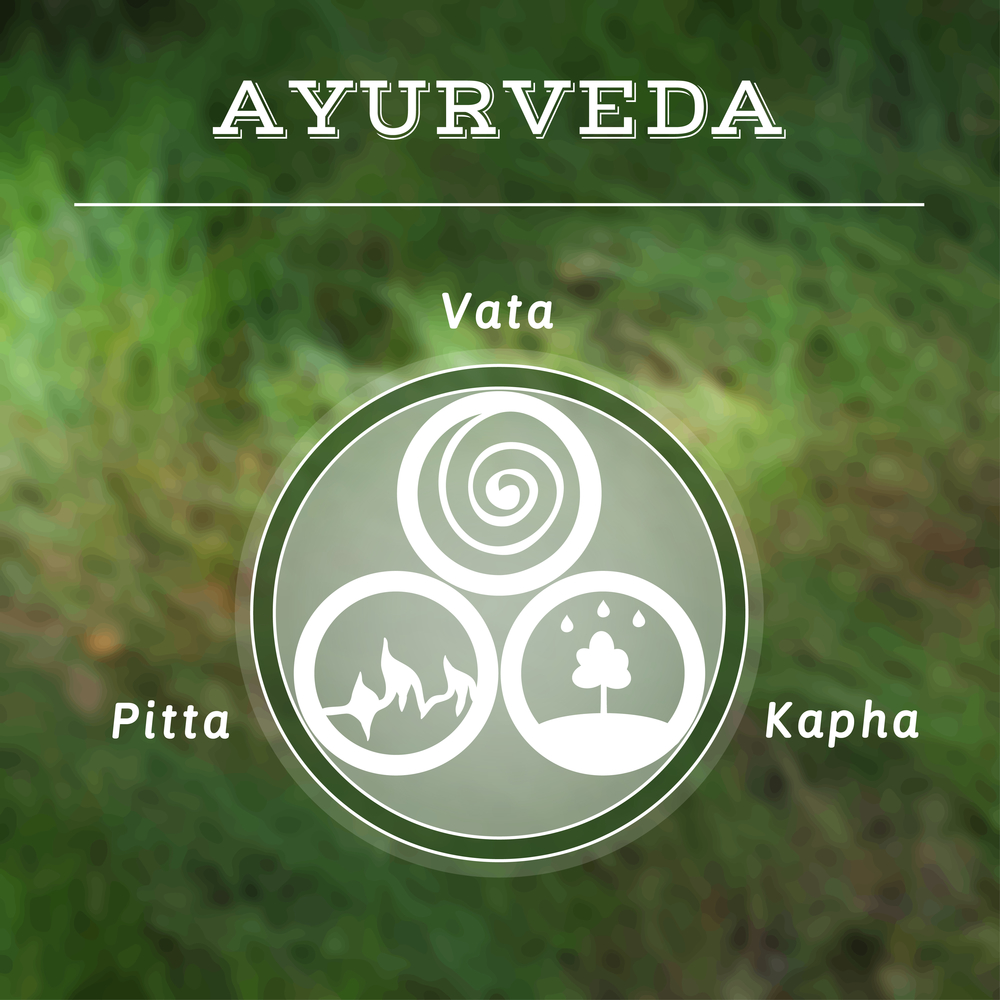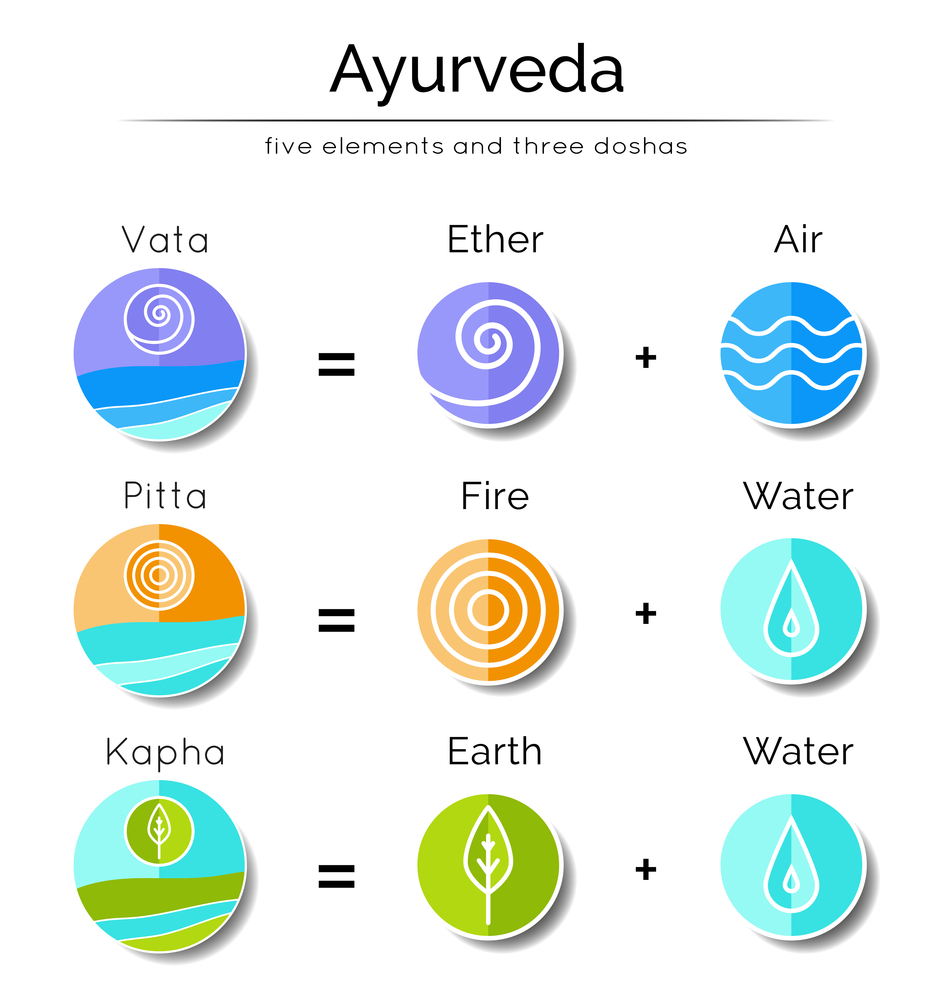What is Ayurveda?
Ayu means Life. Veda means Knowledge. Thus meaning “The Science of Life”. It is one of oldest existing therapeutic systems used by humanity for health and well-being. Ayurveda is the natural healing system of India dating back 3000 BC. Ayurveda is not only a system of alternative medicine; it’s also a way of living. Ayurveda originated as a part of the “Vedic Science”. This is an integral spiritual science devised to give a comprehensive understanding of the entire universe, which it sees as working according to a single law. Vedic Science includes, Yoga, Meditation and Astrology… and set forth Ayurveda as its branch dealing with the physical body and includes herbal medicine, dietetics, body work, surgery, psychology and spirituality.

Ayurveda has demonstrated efficacy in areas such as mental health, disease prevention, treatment of non-communicable diseases, and improvement of the quality of life for persons living with chronic diseases as well as for the ageing population. Ayurveda practices restore the hormonal and functional normalcy and correct the vulnerability to environmental and behavioural variations.

Understanding Ayurveda : The five elements concept
In Ayurveda, the entire universe both animate and inanimate is made up of the 5 elements. Our body and whatever we eat too. Hence this principle should be adapted to maintain the balanced state of the body. The human body, according to Ayurveda, is composed of three fundamental elements called Doshas (the disease causing factors: Vata, Pitha, Kapha. These govern the physiochemical and physiological activities of the body), Dhatus (bodily tissues and organs and these enter into the formation of the basic structure of a body cell) and malas (the waste production: These are partly utilised in the body and partly excreted in a modified form after performing their physiological functions). And in drugs they represent Rasa (taste), Guna (qualities), Veerya (Potency) and Vipaka (the taste that arise after the digestion and metabolism).
Diseases occur when the equilibrium of the 5 elements is disturbed. These three are in dynamic equilibrium with each other for the maintenance of health. When there is any deviation from this equilibrium, the disease occurs.
Body Constitution:
Knowing the body constitution or the nature of the body (Dosha) is essential to be healthy. Knowing our constitution thus means understanding the nature of our body in its strengths and weaknesses. Only then we can determine what is good or bad for us.
Balance is emphasised, and suppressing natural urges is considered unhealthy and claimed to lead to illness. For example, to suppress sneezing is said to potentially give rise to shoulder pain. However, people are also cautioned to stay within the limits of reasonable balance and measure when following nature’s urges. For example, emphasis is placed on moderation of food intake, sleep, and sexual intercourse.
According to Ayurveda Vata, Pitha and Kapha determine the body constitution or type:

Vata: Ether (Space) and Air are the elements dominating this dosha even though the other elements are present. Vata is the originator of movement and governs all nervous functions. Aggravation of Vata dosha causes pain, stiffness, paralysis, hypertension, heart disease..
Pitha: The element dominating here is fire. Aggravated pitha causes burning sensation of the body, excess body temperature, jaundice, skin diseases..
Kapha: Water and Earth are the elements predominant in this Dosha. Aggravated Kapha causes obesity, dullness and other related diseases.
Duration and cost:
- Ayurvedic consultation, 60 min: €80
- Online consultation is also possible.
Are you curious to know what is your body type?
[wpforms id=”187″]
